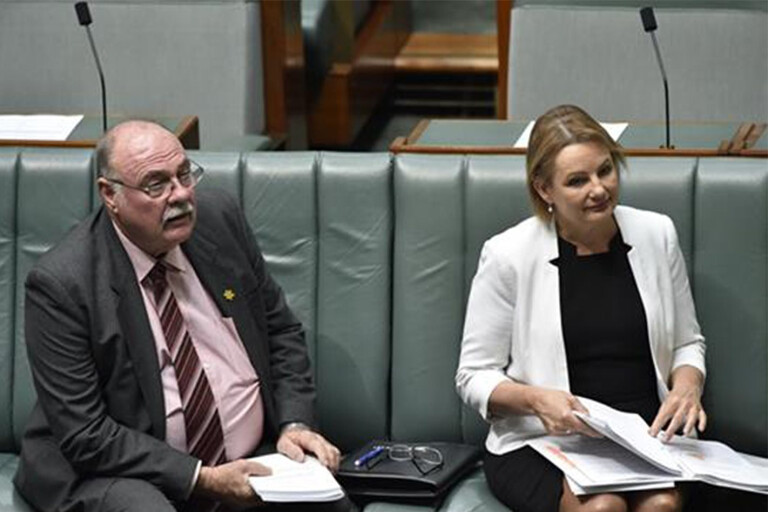
FEDERAL Government plans to open Australia’s borders to a flood of cheaper imported cars “will not see the light of day”, one of the fiercest opponents to the proposed reforms says.
Warren Entsch, a long-serving Queensland-based Liberal Party parliamentarian, was vocal in the lead-up to last month’s federal election in his opposition to proposed laws that will allow buyers to bypass new-car dealerships.
Speaking with Wheels this week following a shake-up of the Turnbull ministry and the expectation that former Major Projects Minister Paul Fletcher – now in charge of urban infrastructure – will keep responsibility for pushing the planned grey import changes through parliament, Entsch said he still believed the changes would not go ahead.
“As far as I’m concerned, it [changes to grey import laws] is still dead. I haven’t changed on that,” Entsch said. “It will not see the light of day.”
“When we get to the party room, this will come up, and I’m looking forward with anticipation to talking about it.”
Other Turnbull government backbenchers including South Australia’s Tony Pasin and NSW Nationals Senator John Williams, have railed against the changes, recommended as part of sweeping reforms to the Motor Vehicle Standards Act.
Under the proposed changes, private buyers will be able to step past new-car dealerships and bring in vehicles less than 12 months old from select right-hand drive markets, and with fewer than 500km on the odometer.
Entsch said he had already raised his concerns about the changes – mainly over their impact on the financial viability of new-car dealerships – with both Fletcher and the Prime Minister.
“Many of them [new-car dealerships] are already doing it bloody tough, and all this does is add another level of complexity to what they already have to do,” he said.
“Buyers can already access enthusiast cars under the current framework, and all this proposed legislation is doing is establishing another internet business for someone overseas.
“Unlike a dealership, that internet business won’t employ anybody, and there are things we just can’t be sure about, such as the availability of spare parts, there’s no warranty, and how are they going to get it serviced?”
He added that as soon as a private importer ran into problems and went running to a current affairs program to complain, the blame would instantly swing to those who created the framework – the government.
“Why [after grey import laws are relaxed] would anyone need to set up a new-car business here when they can set up a used-car business in London and cut out all the dealers who supply full warranties,” Entsch said.
“Sometimes it is necessary to protect consumers from themselves.”
The Federal Chamber of Commerce and Industry, which represents various car brands in Australia, said it believed the government would expose private importers to “high-risk” situations as it adopted a buyer beware sentiment as part of the planned legislation.
It has also attacked the consumer watchdog, the Australian Competition and Consumer Commission, after it came out in support of the grey import plans. The ACCC said it believed buyers would benefit from more open competitiveness, and the freed-up trade would “create new business opportunities in a changing industry”.

COMMENTS